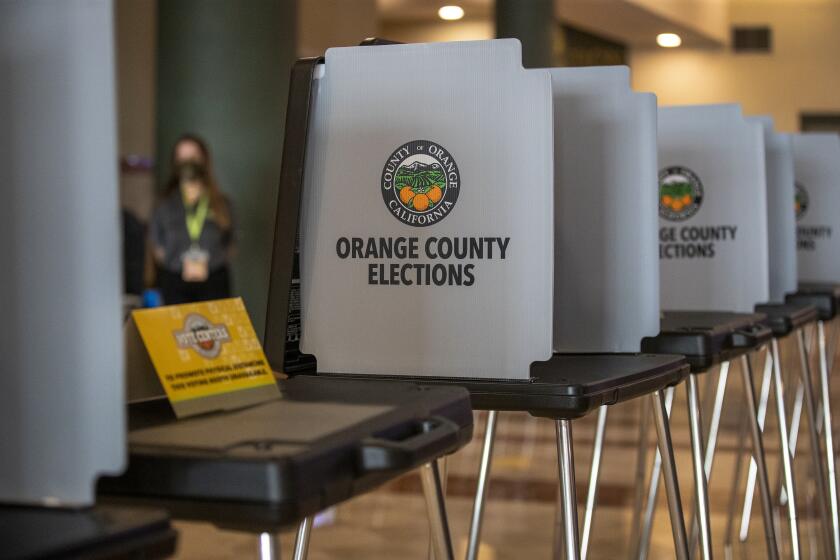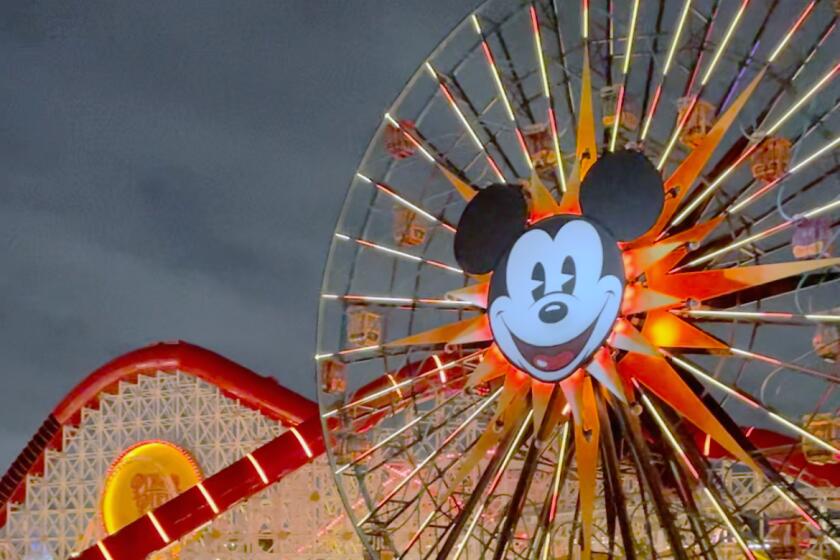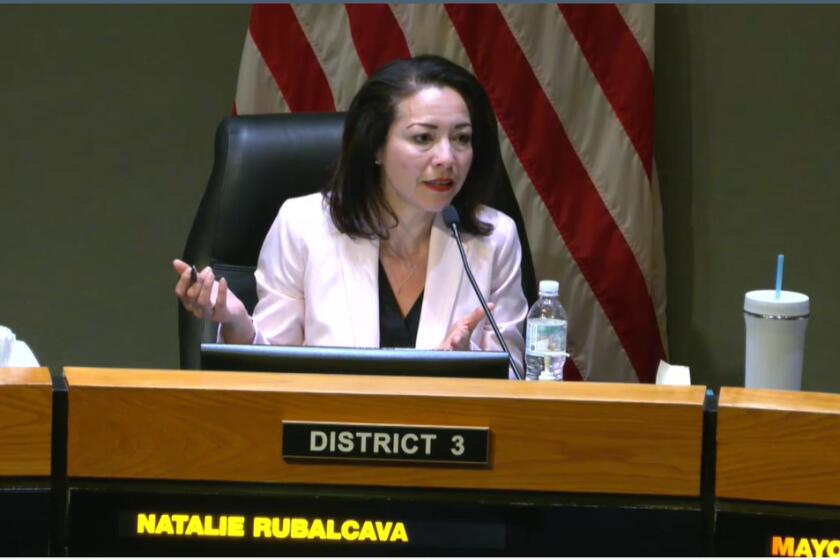City Lights: Movie experience still worthwhile
On New Year’s Day, my wife and I saw Martin Scorsese’s “Hugo” at the Cinemark at Bella Terra.
For those who haven’t seen it yet, it’s about a young orphan who lives in a train station in Paris and finds escape through the silent movies that play at the theater around the block.
I haven’t seen all the Oscar contenders yet, but if I had to mark my ballot today, I would name “Hugo” the best film of 2011. I usually favor gritty realism over sentiment, but Scorsese’s 3-D opus is that rarity: a movie that breaks through your defenses and reconnects you to some innocent core of your personality that you thought you’d abandoned. Coming from the director of “Taxi Driver,” that’s no small versatility.
In short, “Hugo” is an experience, especially on the big screen. And according to recent news, it’s an experience that more and more people are passing on. I’m not referring to “Hugo” specifically, but to movie ticket sales overall; the Los Angeles Times reported this week that movie attendance in 2011 hit a 16-year low.
Is this an understandable phenomenon? Absolutely.
I could fill the rest of this column with reasons people I know have gotten fed up with going to the theater — starting with the ticket prices.
I am old enough to remember the days when people groused about having to pay $7 for an evening show; now the matinee price is higher than that in most theaters. As for refreshments, well, I usually don’t eat during movies — an exception being that $18.50 I shelled out for two sodas and a popcorn with “Bridesmaids.”
Throw in those factors, plus Netflix and widescreen TVs, and it’s tempting to permanently trade the multiplex for your couch. But there are a few reasons I could never abandon the classic moviegoing method:
1. Seeing a movie in the theater is a communal experience. Yes, when someone’s cell phone goes off in the next row, it’s an unpleasant reminder that you’re not the only one there. But when the audience laughs together, sniffles together or applauds at the end, it becomes a form of communication — a signal that the movie is working on you in the same way, at the same time.
2. A movie ticket is a vote. When I was an undergraduate at UC Irvine, I patronized the Edwards theater off campus twice a week during Oscar season — my own way of encouraging the theater to keep booking small and foreign films, and studios to keep distributing them. Granted, my vote amounted to about $4.50 per movie, but that was a king’s ransom 15 years ago.
3. Gene Siskel referred to movies as “national dreams” — and movies exert a far more dreamlike power on a big screen in a dark room, without your living room furniture to distract the corner of your eye.
There is a wonderful scene in “Hugo,” where the title character and his young female friend watch a Harold Lloyd silent comedy. It is her first time seeing a movie and she looks beside herself with wonder. Granted, they sneak into the theater, which means they don’t have to pay $30 for two tickets, and cell phones weren’t around in the 1930s.
Still, I could empathize.
City Editor MICHAEL MILLER can be reached at (714) 966-4617 or at michael.miller@latimes.com.
All the latest on Orange County from Orange County.
Get our free TimesOC newsletter.
You may occasionally receive promotional content from the Daily Pilot.



